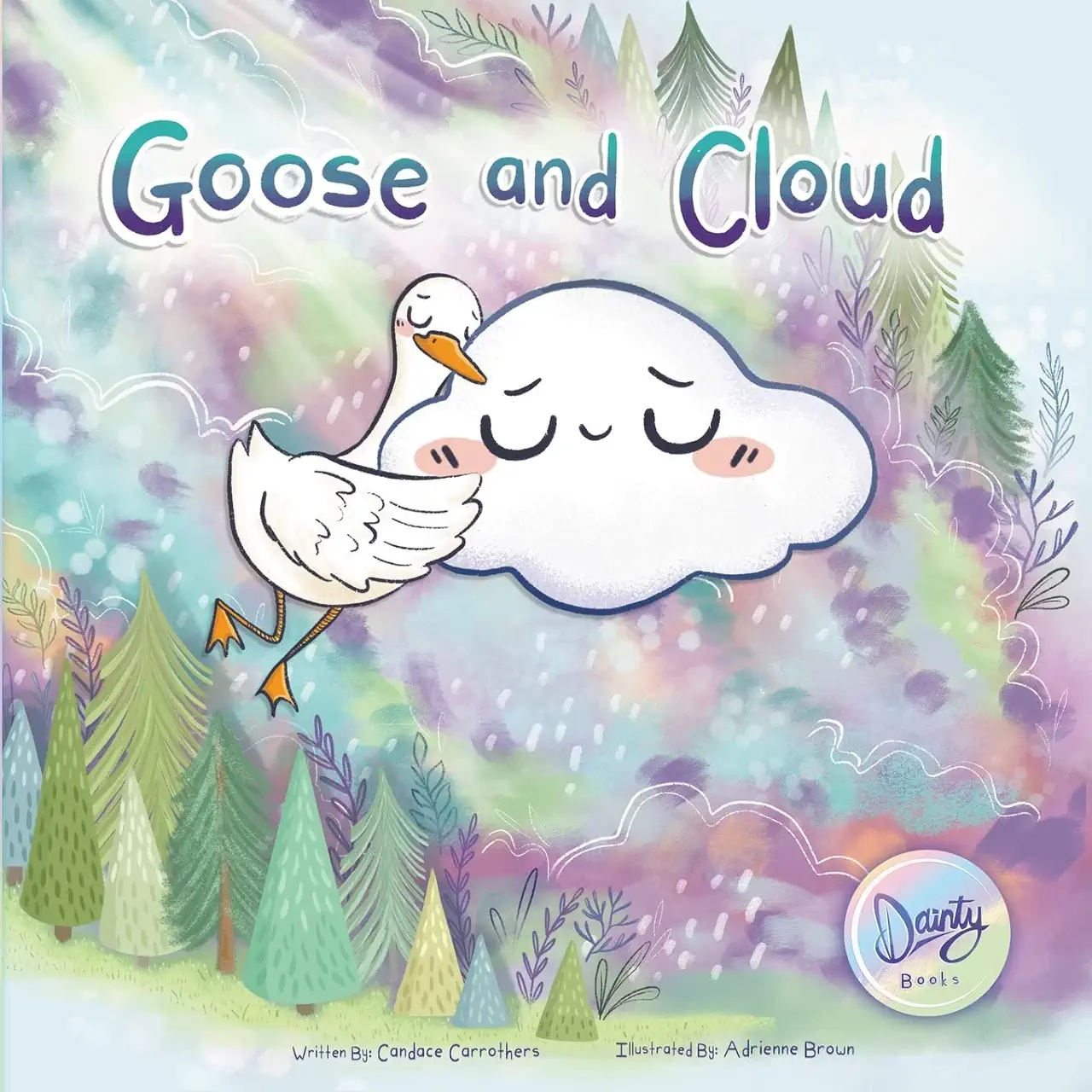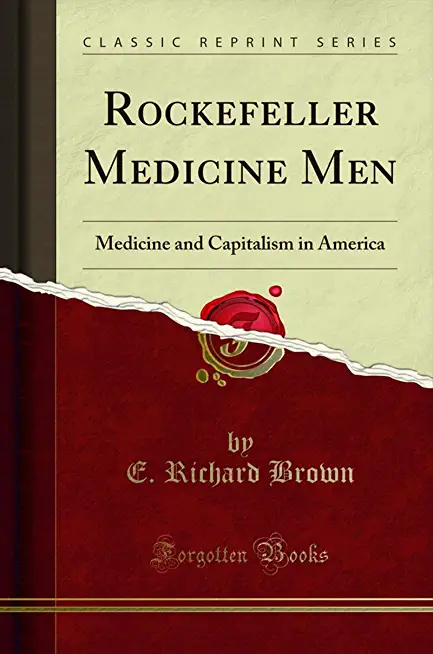
description
elements as general principles or natural forces that interact to bring forth the various manifestations of the cosmos and nature: expansion and growth (Wood), ascension (Fire), stability and continuity (Earth), concentration and recession (Metal), and gravitation (Water). The Five Elements connect our body and mind; there is no split between the two as found in Western culture. Thus, a physical symptom or disease reflects a related imbalance in the emotions or mental functions of the corresponding element, and an unaddressed psychological disorder indicates where a physical ailment or disease might occur in the future.The laws of the Five Elements are not limited to the body, mind, and health, but are also applicable to processes in society, politics, the economy, nature, and in our environment. The laws of the Five Elements form the core tenet of ancient Chinese culture -- Qì Gong, Tài Ji, Kung Fu, Shao Lin, and other martial arts, Feng Shui, Five-Element-Cooking, Tui Na, acupressure, and acupuncture.The Healing Dào has been published in nine different languages and is considered an essential text on the laws of the Five Elements. The book looks at the theory and the specifics of the Five Element system, providing an understanding of the connection between the body and psychology. It then focuses on the practice of the Five Elements, describing physical, mental, and emotional exercises to balance the functioning of the organs, to enhance the energy flow in the meridians, to strengthen emotional and mental abilities, and to enhance vitality and health.
member goods
No member items were found under this heading.
Return Policy
All sales are final
Shipping
No special shipping considerations available.
Shipping fees determined at checkout.







